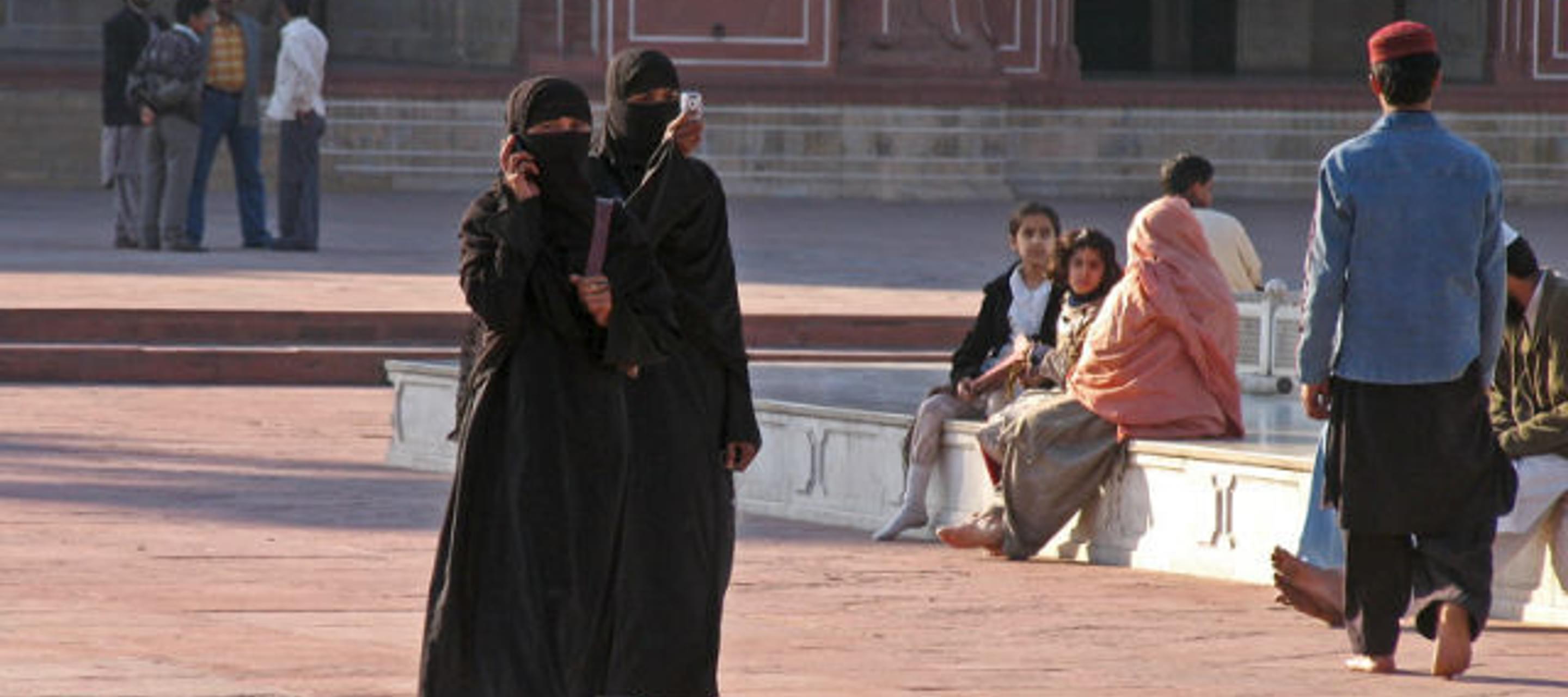Security vs Access - The Impacts of Mobile Network Shutdowns
30 September 2015

The third in a series of case studies as part of the Digital Dangers project, this IHRB report examines the human rights impacts of mobile network shutdowns in Pakistan and presents recommendations for the Government of Pakistan and telecommunications operators that can be applied globally.
The report focuses on the efforts of telecommunications operator Telenor Pakistan to reduce the frequency and scope of network shutdowns through dialogue with the government, and analyses one particular shutdown that took place on Pakistan Day in March 2015.
An IHRB researcher spent 3 days at Telenor Pakistan’s headquarters in Islamabad to conduct research into the context of network disconnections and document how Telenor Pakistan receives and acts on requests from the Government to initiate network shutdowns.
Image: Flickr/Michael Foley




